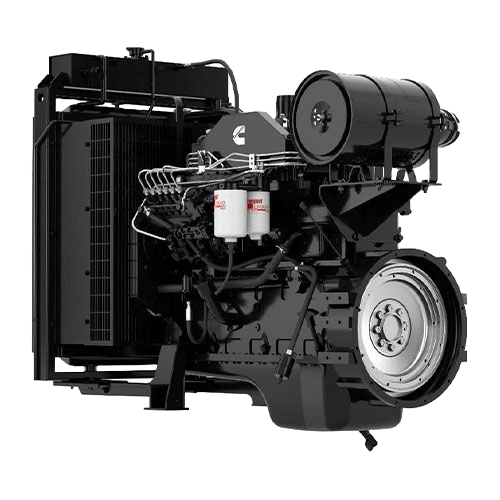The Engine that Powers Your Generator’s Heartbeat
Explore how a generator’s engine works, the types available, and simple maintenance tips to keep your power source strong and reliable.
GENERATOR
ELEKTRECA
8/15/20251 min read


The Engine – The Heart of a Generator
The engine is the powerhouse of any generator. Without it, the generator would just be a box of parts. Its main job is to create the mechanical energy needed to spin the alternator, which then produces electricity.
How the Engine Works
The generator’s engine runs by burning fuel, such as petrol, diesel, propane, or natural gas. Inside the engine: Fuel mixes with air. This mixture is ignited (by a spark plug in petrol engines, or by compression in diesel engines).
The ignition creates a small explosion, pushing pistons up and The pistons move the crankshaft, which rotates the alternator’s rotor .This spinning motion is what eventually turns into electrical power.
Types of Generator Engines
Petrol engines – Common for small portable generators; quieter but less fuel-efficient.
Diesel engines – Often used in large standby generators; more fuel-efficient and durable.
Gas-powered engines – Use propane or natural gas; cleaner burning and good for long-term use.
Maintenance Tips for Generator Engines
Check oil levels regularly to prevent damage.
Change engine oil as recommended in the manual.
Inspect the air filter and clean or replace it when dirty.
Run the generator regularly to keep the engine in good condition.
Why the Engine Matters
The engine’s size and quality directly affect how much electricity your generator can produce. A strong, well-maintained engine means your generator will be ready to power your home, tools, or business whenever you need it.

Insights
Connect
info@elektreca.com
+254786927909
© 2025. All rights reserved.
